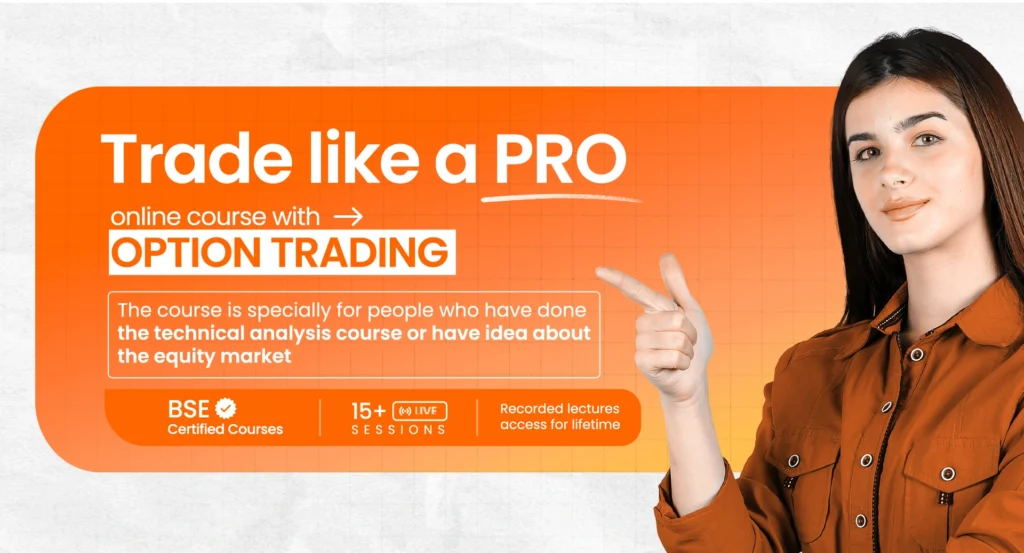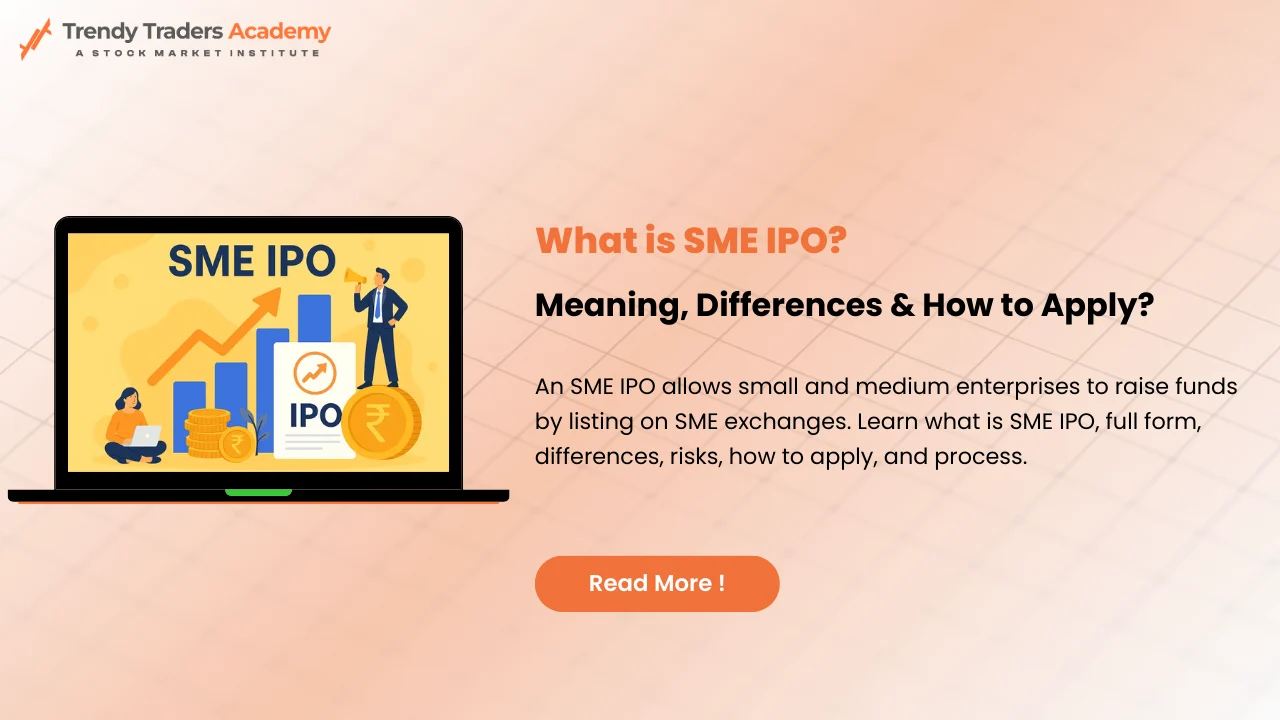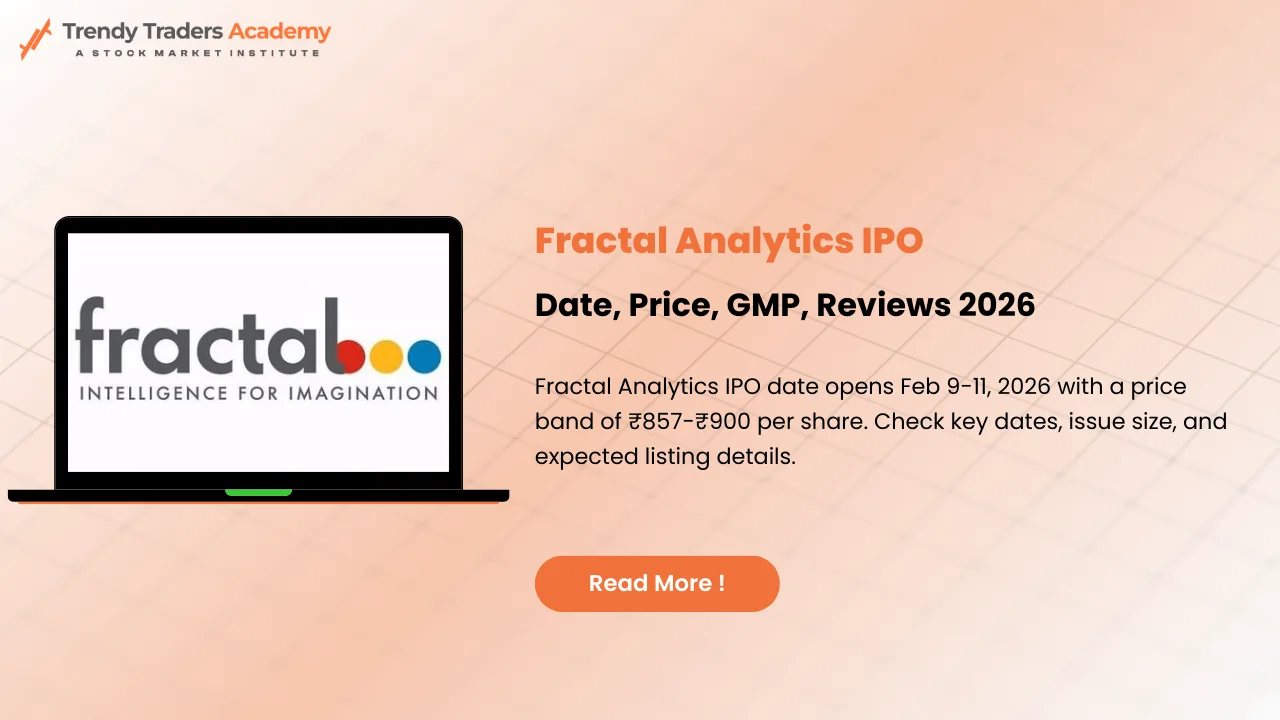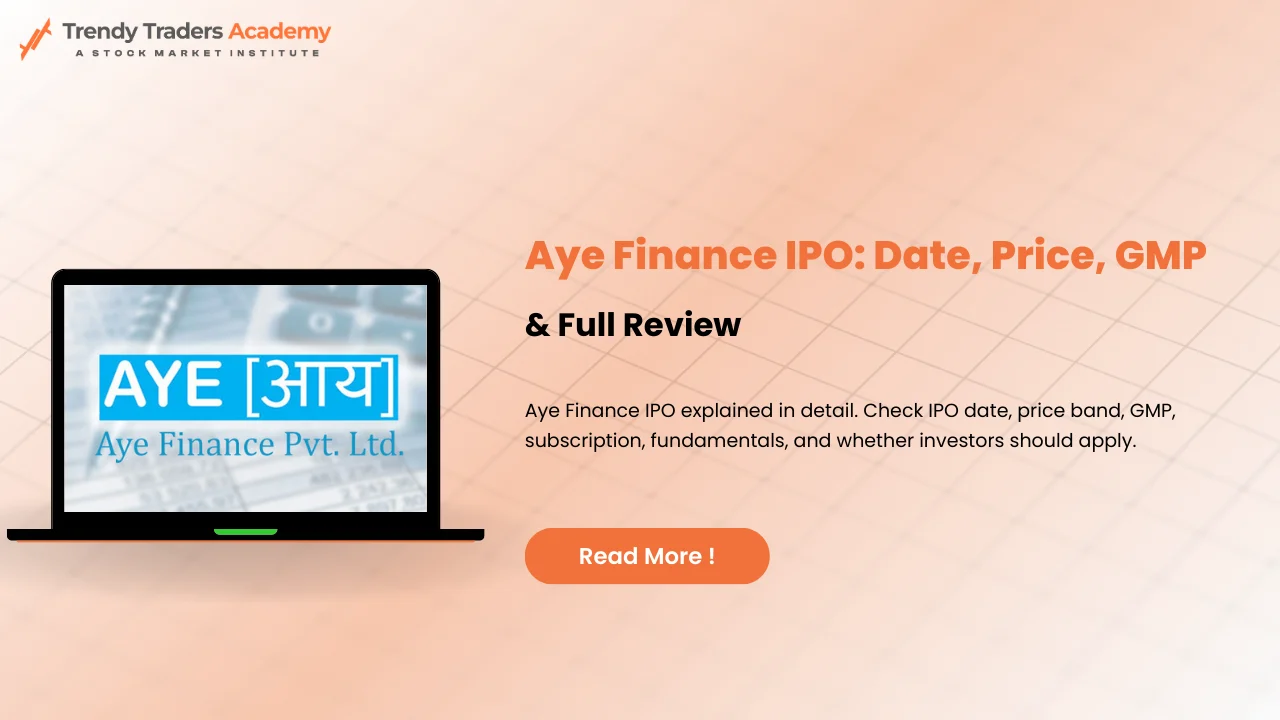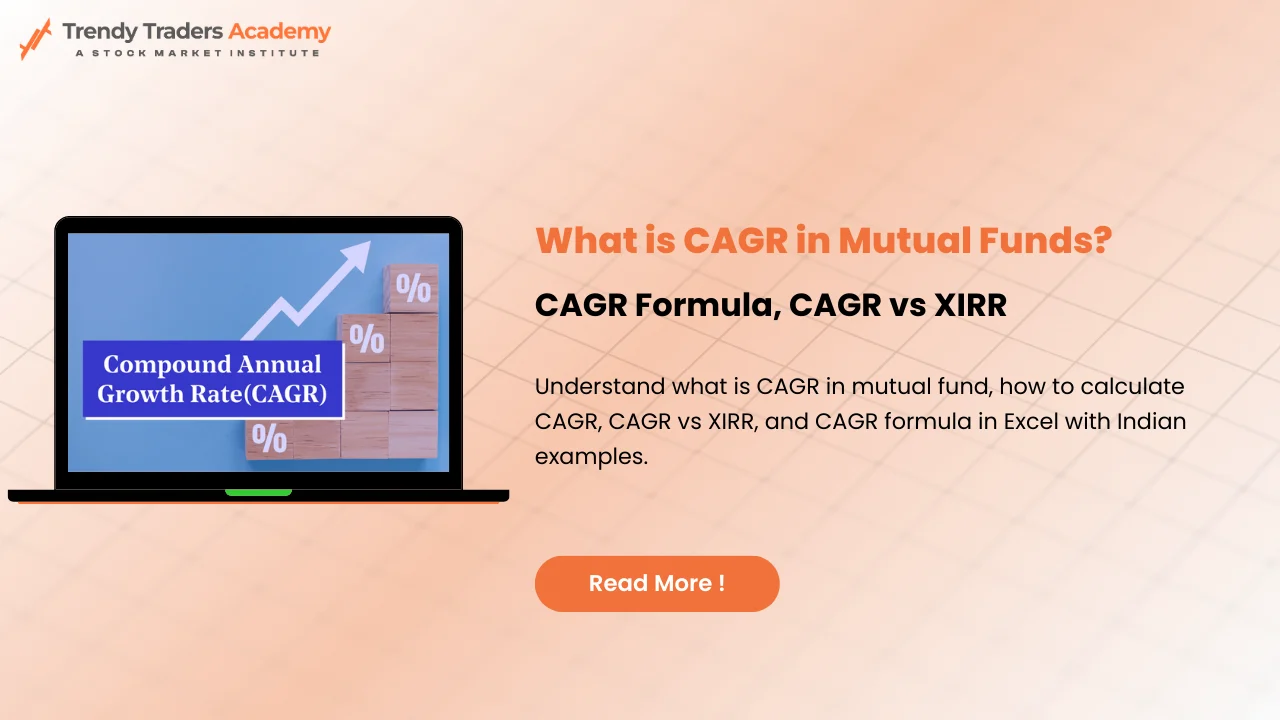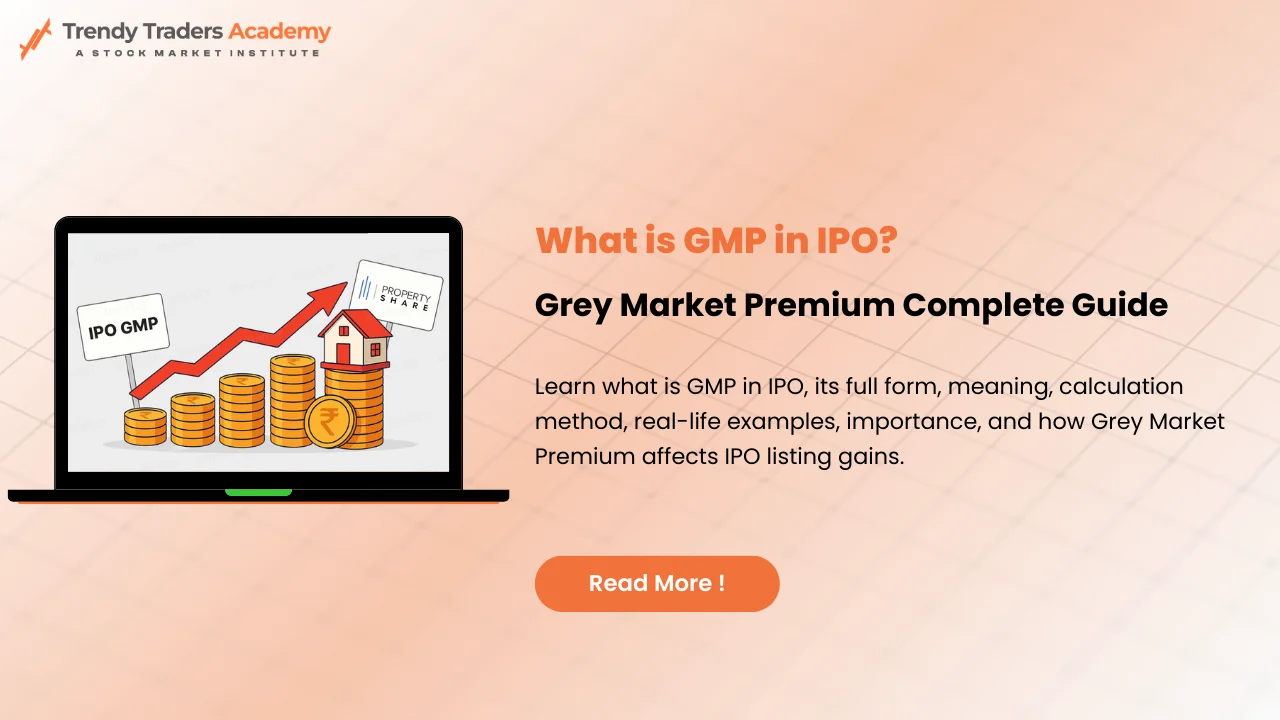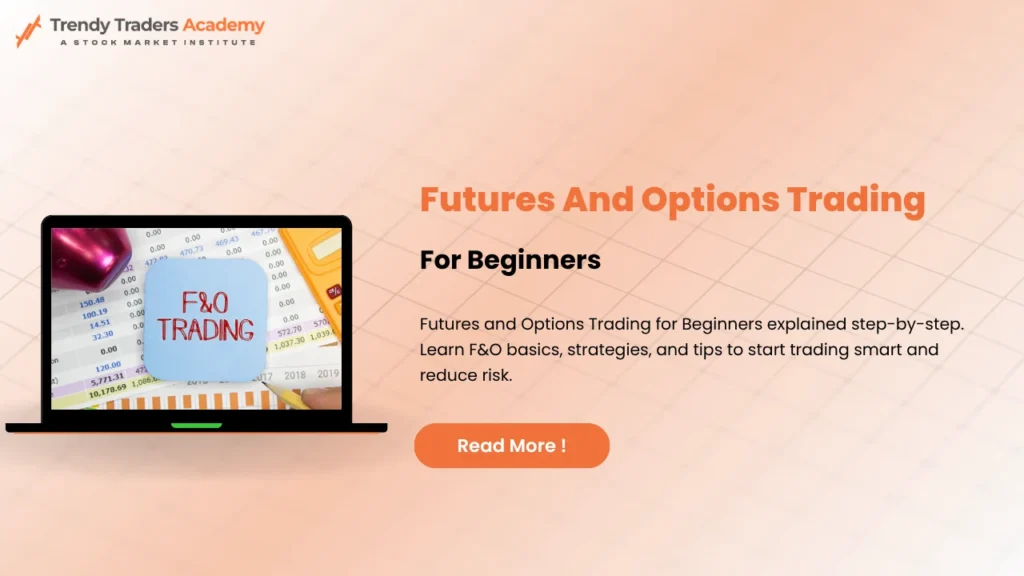
Futures and Options Trading for Beginners: Starting Your Derivatives Adventure
Words such as “futures” or “options” in the stock market must have rung a bell for every beginner trader making them feel lost and they are definitely not the only one to feel in such manner. Many novice traders are curious about futures and options trading but are confused where to began. So, lets break down what are futures and options trading for beginners, how it differs from regular stock purchasing, and what tricks can be used to make it friendlier for the upcoming newcomers.
By the end of this guide, one will know the futures and options trading meaning, understand their practical examples and grasp why these tools exist in the first place, and provide honest answers to those “no one wants to ask” questions.
What Is Futures and Options Trading?
Futures and options trading meaning:
At its heart, futures and options are contracts—think of them as promises made today for something you’ll do later. Instead of buying a company’s shares directly, you agree on a plan: either to buy, sell, or decide about it in the future, at a price you lock in right now.
- Futures: A strict promise between two parties to buy or sell something (shares, gold, oil, wheat, etc.) on a set date, for a fixed price.
- Options: Like booking a cinema ticket in advance—you pay a fee for the right to go (buy or sell at a set price), but you don’t have to use it if you change your mind.
When you hear someone say what are futures and options trading, just remember: it’s a way to prepare for the future (or bet on price changes), using contracts instead of simply buying or selling shares on the spot.
Why Do Futures and Options Exist?
- Risk Management: Farmers use futures to guarantee a harvest price. Airlines use them to avoid fuel price hikes. Investors can protect their share portfolios.
- Speculation: Some try to profit by guessing where prices will move.
- Leverage: Control large values with a smaller upfront cash outlay.
- Flexible Strategies: Creative traders combine contracts for lots of unique results.
The ABCs: Types of Derivative Contracts
Futures
What is a futures contract?
Legally binding deal to buy or sell something in the future, at a pre-set price.
Who benefits?
Farmers, companies hedging risk, aggressive traders, and anyone needing price certainty.
Trader’s risk?
Gains or losses can be much bigger than your initial payment (called “margin”).
Options
What is an option contract?
Gives the buyer flexibility: you can choose to buy (call option) or sell (put option) at a set price before a contract expires—but you’re not forced to.
Why use options?
Limit risk—maximum loss is the price (premium) of the option.
Offer creative strategies for uncertain markets.
Who uses options?
Investors wanting to insure portfolios, or traders with a view on price movements.
Real Life Examples: Bringing It Down to Earth
Example 1: Using Futures to Safeguard a Crop
Imagine Lata, a sugarcane farmer, is concerned that prices might drop during harvest season. She signs a futures contract to sell her produce in three months at ₹35 per kilo. If the market price crashes to ₹30, she still sells at ₹35—her income is protected! If prices unexpectedly rise to ₹40, she still has to sell at ₹35, missing the windfall. That’s the trade-off.
Example 2: Options for Share Insurance
Arjun owns 100 shares of TechNova at ₹120 each, but fears a market drop. He purchases a “put option” giving him the right to sell his shares at ₹115 anytime in the next month. If prices drop to ₹100, he is protected and can sell at ₹115; his loss is limited. If the stock rises, he ignores the option and just enjoys his gains, losing only the upfront premium paid.
Key Differences: Futures vs Options
Aspect | Futures | Options |
Obligation | Must buy/sell on expiry | Right, not obligation |
Upfront cost | Margin (part of contract value) | Premium (one-time fixed fee) |
Profit/Loss | Unlimited (up or down) | Profit unlimited, loss capped |
Use Case | Hedging, speculation | Hedging, speculation, insurance |
Flexibility | Low | High |
How Prices Move in Futures and Options Markets
- News: Results, deals, or shocks make both contracts rise or fall quickly.
- Fluctuations in Supply and Demand: Contracts are traded on big exchanges; as more buyers make their move and step in, prices increase, and vice versa.
- Expiry Dates: Contracts expire on particular set days—after that, there is no moving back!
Step-By-Step: How a Beginner Starts Futures and Options Trading
- Starting with education: Reading, attending workshops, or learning from video courses on futures and options trading for beginners.
- Open a derivatives-enabled account: Most brokers require a separate sign-up account for futures and options trading
- Use virtual trading: Practice on demo accounts. Fake money today, real money tomorrow.
- Understand all jargon: Learn terms like “strike price,” “expiry,” “lot size,” “premium,” and “margin.”
- Start small: Never risk your entire investment—build up from tiny trades.
- Always set stop-losses: Protect yourself from market surprises.
Quickfire Table: Futures and Options Lingo—No More Confusion!
Term | What it Means |
Derivatives | Contracts linked to the value of other assets |
Strike Price | The agreed-upon price in an option contract |
Expiry Date | Last valid day of the contract |
Margin | Security deposit (for futures contracts) |
Premium | Upfront fee paid (for buying options) |
Lot Size | Minimum contract quantity (e.g., 50 shares) |
Benefits of Futures and Options Trading
- Lock in Prices: Farmers, companies, and even stock traders can secure rates today for deals in the future.
- Speculation: Try to profit from price moves, even if you don’t own the full asset.
- Hedging: Use contracts to restrict losses if the market turns against you.
- Flexibility: Create flexible and unique strategies: protect, profit, earn income, or trading volatility.
What are Futures and Options? Why Do Beginners Like Them?
- Let you “bet” on rises or falls.
- Lower cash outlay compared to buying the asset itself.
- Can be combined with regular stocks for “portfolio insurance.”
But: Risk can be higher. Always use beginners’ tools and go slow!
Table: Good First Steps for Brand New Traders
Step | Why It Helps |
Learn basic contracts | Know what you’re buying or selling |
Do demo trades | Practice, no losses |
Stick to known names | Choose liquid (popular) contracts |
Follow news | Events quickly affect contract values |
Set limits | Avoid emotional trades |
Honest Truth: The Risks
- Amplified Losses: With leverage, small price changes snowball into bigger gains and losses.
- Complex Terminology: Not learning the lingo means more mistakes.
- Margin Calls: Can force you to put up more funds suddenly.
- Expiry Traps: Forgetting expiry dates can mean big, surprise outcomes.
Voices from the Market: Real Learner Insights
“I signed up thinking futures were easy money. My biggest lesson: always use ‘stop loss orders’—one bad decision nearly wiped out my account.”
– Suresh, Mumbai
“My first options contract expired worthless. But it felt like cheap insurance. I paid a small price and learned to experiment safely.”
– Priya, Bangalore
Visual Table: At-A-Glance Recap
Futures | Options |
Must buy/sell at expiry | Can choose to trade or not |
Margin needed | Pay premium for contract |
Bigger risks & profits | Risks are ‘capped’ |
Used for hedging or betting | Can hedge, bet, or get income |
Simple strategies | Flexible, complex possible |
Conclusion
Futures and options trading for beginners can open new avenues for investors who are ready to try something different from just plain buying of stocks. Now that one knows the futures and options trading meaning, observed illustrations in the real-world, compared features in the contract, and noticed both the pitfalls and benefits, one is in a powerful position to move forward safely, responsibly and with increasing confidence.
One must start with demo accounts, learn the lingo, began small and always remain calm when markets bounce back. As one gains skill and comfort, futures and options can become a vital and useful weapon in the arsenal for risk management, earning extra returns and just trying to view and grasp the market from a different angle altogether.
Also Read :Top 10 Penny Stocks in India
FAQ'S
Are futures and options better than stocks for beginners?
They can be riskier—start with stocks, explore derivatives only after understanding the risks.
What do these contracts actually trade on?
Stocks, commodities (like gold, wheat), and indices are the most common.
What happens if my futures contract is in loss at expiry?
In settlement, you must honor the loss. Never risk more than you can pay!
Can I exit before expiry?
Yes, you can “square off” (close) the position any time before expiry by entering an opposite trade.
Why are options called ‘safer’?
Because your maximum loss is the premium paid—the price for the right to trade but not the obligation.


